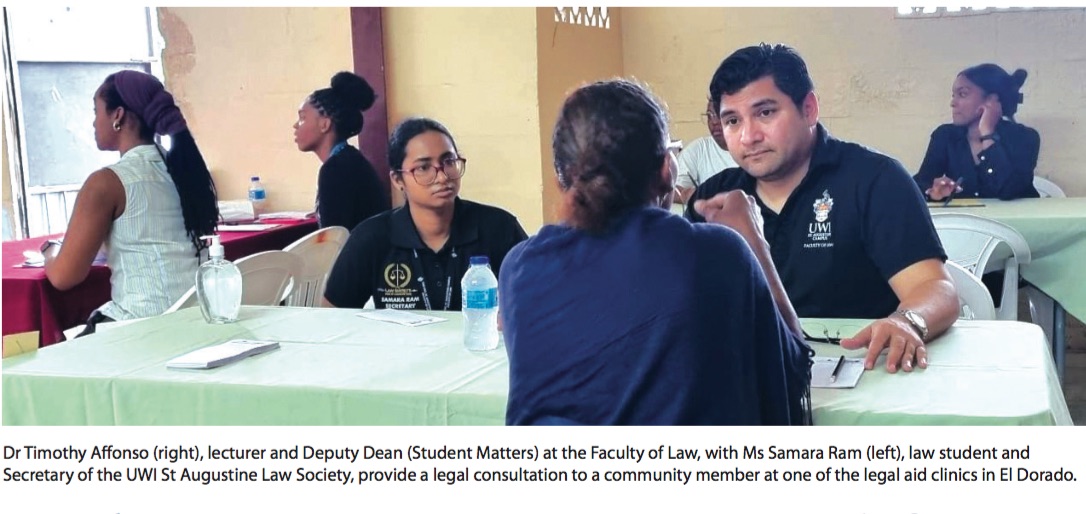
A new book promising a “raw yet refined” examination of Trinidad and Tobago’s “triumphs, persistent inequalities, and lingering legacies—inviting both pride and radical accountability” was recently launched at UWI St Augustine’s faculty of Social Sciences. Titled 60 Years of Independence: Achievements, Challenges and the Road Ahead for Trinidad and Tobago, is a compilation edited by former campus principal and government minister Dr Bhoendradatt Tewarie, and economists Professor Roger Hosein and Dr Rebecca Gookool-Bosland.
The launch, held on August 21 at the Faculty of Social Sciences Lounge, brought together distinguished academics, policy makers, civil society actors, cultural commentators and representatives of the media. Published by UWI Press, 60 Years includes essays from scholars and experts in the energy sector, food and agriculture, health, education, the environment, crime, and more.
The book, a statement from The UWI reads, “examines Trinidad and Tobago’s progress since independence in 1962... with the aim of identifying both genuine achievements and persistent flaws or gaps.”
For more information on 60 Years of Independence: Achievements, Challenges and the Road Ahead for Trinidad and Tobago, visit UWI press at www.uwipress.com/9789766580261/sixty-years-of-independence/.